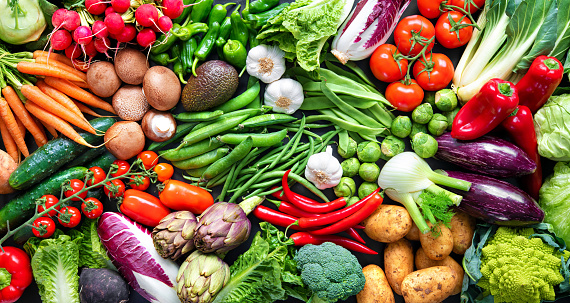



Article by: Hari Yellina
Growcom Australia, the leading industry group for Queensland horticulture, has presented a 10-year vision for the Queensland fresh produce sector with the release of its strategic plan, Future Fields, this week. Growcom Acting Chief Executive Officer Richard Shannon says the industry not only feeds a big portion of the country, but also puts food on the table for up to 25,000 Queensland employees and their families through direct on-farm employment. Horticulture is the state’s second-largest agriculture sector, after beef, with a gross value of $3 billion in production and roughly 3,500 firms.
With over 100 different types of fruit, vegetables, and nuts grown across the state, Queensland provides one-third of Australia’s fruit and one-fifth of its vegetables, as well as $879 million in fresh produce exports. Future Fields lays forth a bold vision for where Queensland’s fresh produce industry and supply chain should be by the end of the 2032-33 fiscal year. Four areas of concentration were chosen after considerable grassroots participation and consultation: Innovate to Access, Working Smarter, Bio Strong, and Coordinated Compliance.
The first involves expanding into new markets through food processing, packaging, and logistics innovation. According to the paper, engaging in consumer-led innovation, which leads to new products, markets, and value chains, has immense potential to generate larger rewards. It also stated that the industry as a fresh produce supply chain should be more broadly oriented and integrated into the larger food business. Making better use of the entire crop to generate value from the numerous portions of plants that aren’t edible is an emerging possibility. Not only will customers gain from better-satisfied tastes, but the more marketplaces and value chains for fresh produce exist, the better the total returns for growers will be.
Mr Shannon stated, “We are the lifeblood of many rural communities, generating over $3 billion in value at the farm gate last year.” “Recently, COVID-19, as well as natural disasters and national-scale pest and disease incursions, have posed obstacles and caused major disruption to our sector.” These types of upheavals are likely to continue, but they will also provide new opportunities.” Another area of focus is developing skills in order to embrace and implement new technology, which will lessen dependency on low-skilled and labor-intensive jobs. Mr Shannon stated, “Many of the enormous, intractable difficulties we confront as an industry are well within our ability to address.” “As a result, Future Fields is establishing a platform for collaboration that would not otherwise exist, allowing all stakeholders in our business to contribute and take action to make a genuine difference.” Growcom appreciates the State Government’s enthusiastic support for Future Fields and looks forwards to working with the Department of Agriculture and Fisheries (DAF) in the future.”
The other two categories are employing data intelligence and collaboration to manage pests, illnesses, and biosecurity threats, as well as digitalisation and duplication to make it easier for growers to comply with government rules and satisfy market-driven criteria. “If Queensland is to remain the dominant state for horticultural production, supply chain innovation, and food processing, seizing possibilities in each of these industries will be critical,” Mr Shannon said.